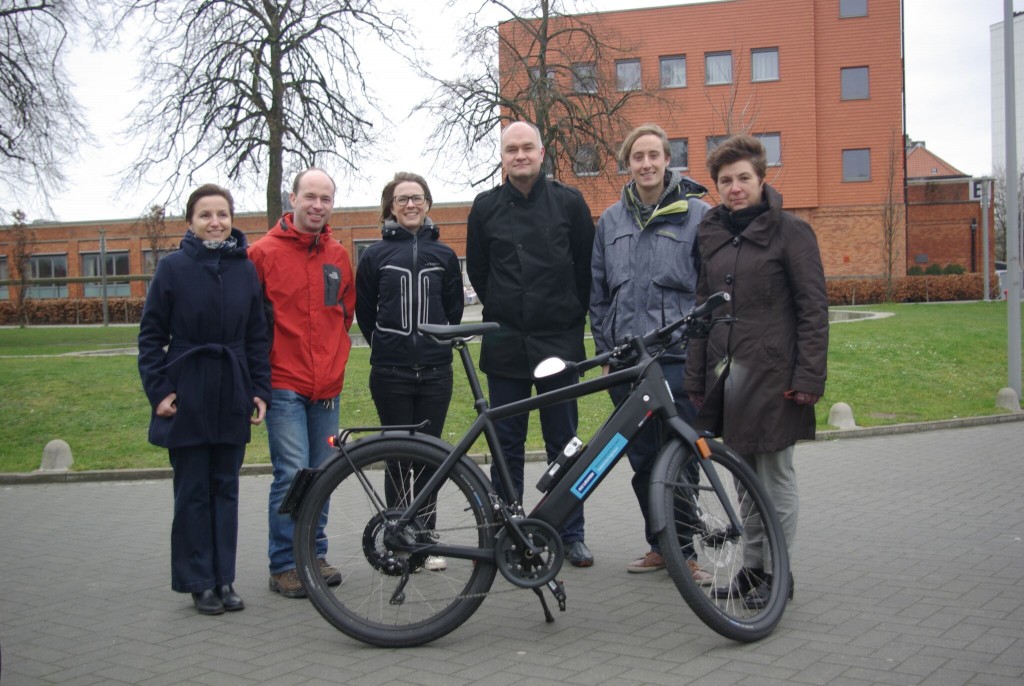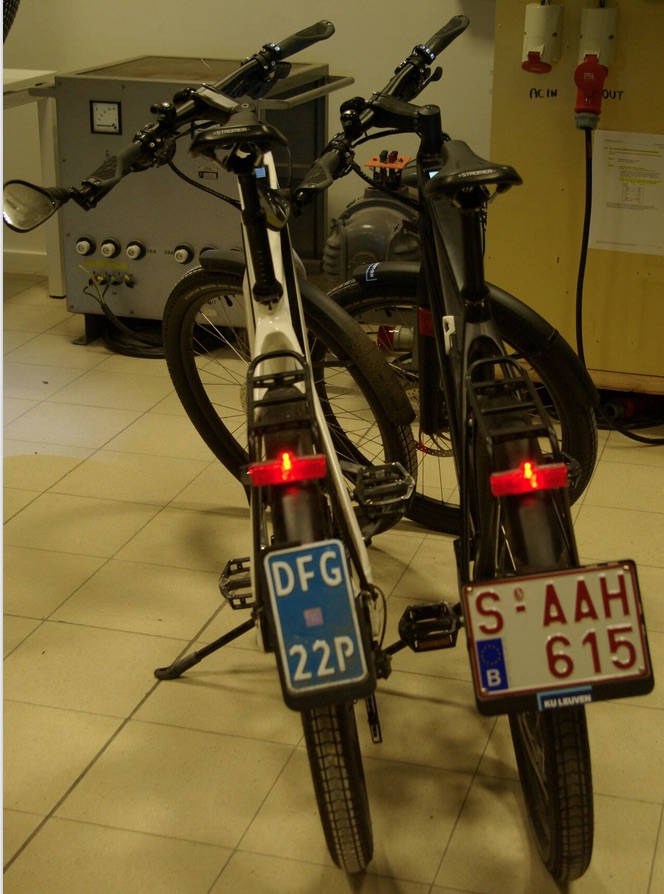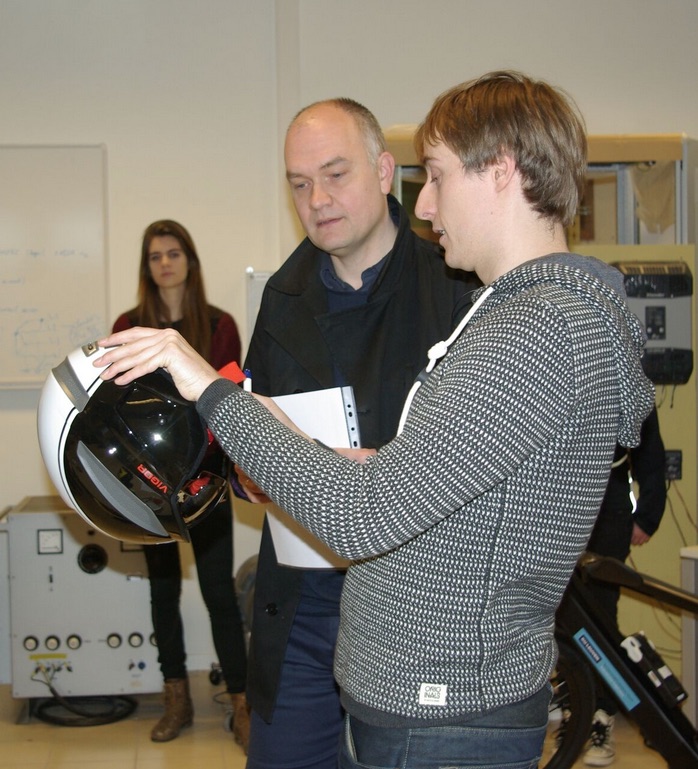Bjorn Rzoska, a keen cyclist heading up the Belgian Green party, is taking part in a 3-month experiment which aims to discover if speed pedelecs are a realistic alternative to commuting by car.

He will travel from his home to the Flemish Parliament in Brussels on a 45 km/h (28mph) electric bike, or ‘speed pedelec’, cycling approximately 100km each day.
Mr Rzoska is one of 15 people partaking in research being carried out by the Energy & Automation research group of the Belgian University KU Leuven Campus Gent.
Despite spending a good deal of his leisure time in the saddle, Mr Rzoska is reported to have said his first commute on his new Stromer “was not easy,” perhaps not helped by a depleted battery.
The research group is using the study to better understand the experience of speed pedelec cyclists on Belgian roads. As in the UK, the Belgian authorities categorize electric bikes not limited to 15.5mph as ‘mopeds’, thereby requiring a moped helmet for head protection as well as having a number plate fitted to the bike.
With changes in transport behaviour said to be fuelling soaring e-bike sales in Europe, the authorities in each country are having to look more closely at usage requirements on their home turf.
German transport authorities were recently investigating allowing s-pedelecs on cycle paths, the US is working on aligning usage laws between states, while Belgium is also now investigating the terms of use for fast electric bikes.
As part of her investigations Belgian transport minister, Jacqueline Galant, has been advised to allow for the use of a cycling helmet on 45 km/h electric bikes. Her final decision is expected before the summer.
Bram Rotthier, of the Energy & Automation research group, will use the study results to formulate answers to questions considering feasibility, what commuting distance is practical, comfort, safety, the impact on the cyclists’ health and how s-pedelecs are ultimately used as part of the study. All of which will form the framework of his PhD Research “Quantification of technical performances, cyclist experience and safety of speed pedelecs for commuter use”.
AVERE, the European Association for Electromobility, is working closely with the research group and will be assessing the results, saying: “Such research is needed as a solid foundation for legislation governing light electric vehicles.”



